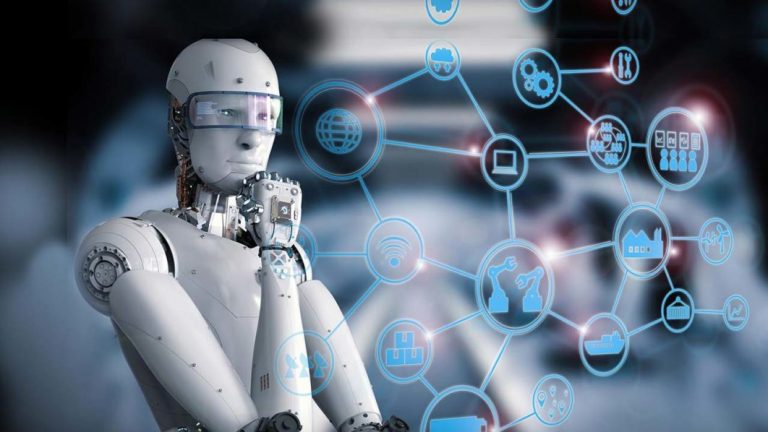
In early 2023, the world was stunned by the unprecedented use of large language models by technology product developers, resulting in massive generative artificial intelligence products. The shock was significant for academics since they were unaware of the extent to which GenAI could disrupt learning and students’ responses to evaluations in all aspects. From Google to Microsoft, GenAI is expected to spur improvements in efficiency and productivity in sectors and industries.
While Nigeria is one of the countries in the Global South, the country is not exempt from exploring inherent opportunities in GenAI, despite the ongoing skepticism from stakeholders, especially those in the education sector. In the industry, the core belief is that GenAI constitutes a significant threat to jobs. However, in this piece, our analyst points out that it is more important now for professionals and players in the Nigerian facility management industry because of the need to make humans more effective and have them in the feedback loop of ensuring sustainable facility management.
After all, prominent players like Alpha Mead and Max-Migold have repeatedly emphasized the importance of technology in offering long-term solutions to residential, commercial, and industrial clients across the country. As these players and others have stressed over the past decade, technology aids in resource conservation, waste reduction, and operational cost savings. Facilities management (FM) software with AI capabilities can automate repetitive, labour-intensive processes that require little to no human participation, such as scheduling preventative maintenance, authorizing work orders, and assessing labour spend. Managers will gain from quicker procedures, less energy and resource use, lower expenses, and a more efficient workflow that prioritizes prevention over reaction.
Register for Tekedia Mini-MBA edition 19 (Feb 9 – May 2, 2026): big discounts for early bird.
Tekedia AI in Business Masterclass opens registrations.
Join Tekedia Capital Syndicate and co-invest in great global startups.
Register for Tekedia AI Lab: From Technical Design to Deployment (next edition begins Jan 24 2026).
Max-Migold, through its Chief Executive Officer, specifically noted that Nigeria can improve its facility management by adopting best practices from other countries, such as data analysis, clear communication, IoT integration, predictive analysis, personalized approaches, preventive maintenance, and investing in sustainability technologies, which support public and private sector objectives.
As a result, according to our analyst, professionals and players in the Nigerian facility management industry stand to benefit greatly from GenAI. Our analyst notes that the industry should not be a laggard, despite existing problems such as limited adoption of older technology.
Companies like Schneider Electric and BrainBox AI have already developed GenAI driven products. In 2023, Schneider Electric introduces OpenAI to energy and environmental tools, among other goods. The Resource Advisor Copilot conversational tool helps facilities managers aggregate energy use data. BrainBox AI introduced ARIA, the world’s first virtual building assistant, earlier this year. ARIA is powered by the latest generative AI technology and Amazon Bedrock, and it is meant to improve building efficiency by seamlessly integrating into day-to-day building management procedures.
As previously said, professionals and companies must embrace GenAI to avoid becoming laggards, which could result in missed opportunities and reduced value capture. GenAI is already transforming facilities management in the global north. Automation improves operational efficiency. Energy is being optimized to save long-term costs for clients. Downtime and scheduled periodic maintenance are noticed and managed more effectively. The workplace and office are being adjusted to increase productivity and efficiency. Human mistakes in preventative maintenance are being removed.
Decisions are made using a GenAI-driven database and AI embedded analytics software. Stakeholders are increasingly analyzing data via a democratization lens because they have easy access to the sources and individuals involved in data generation from the beginning to the end. Tailored and relatable solutions, as well as constant adaptation to different circumstances, are becoming increasingly straightforward. Job overload is easily detected with GenAI, allowing managers to rapidly identify workers with less job tasks and shift them from those with a high burden.


